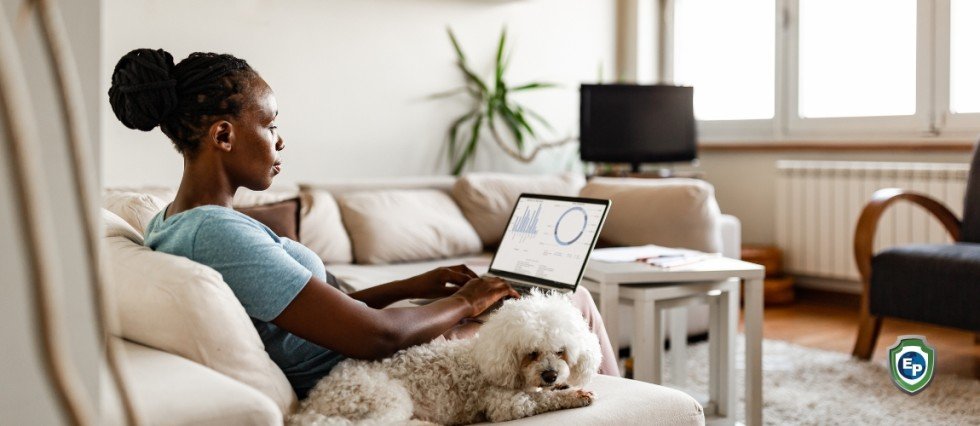Business Unusual: How Industries Are Faring in the Time of COVID-19
With restrictions being placed to fight the COVID-19 pandemic, all industries in the UAE have to be adaptive and go virtual. This means SMEs must fix their operating plans and better prepare for the economic recovery. Come read our blog to learn more.

The COVID-19 pandemic is not only taking a toll on human lives but also on economies around the world. Government-enforced social distancing norms, closure of industries, and curtailed economic activity have put extreme pressure on business houses to be innovative, cut down on mounting losses, and remain stable. In the United Arab Emirates (UAE), small and medium-sized enterprises (SMEs) and local or home-grown businesses, which comprise 98% of all companies operating in the Emirates and contribute 52% to the non-oil GDP, have been active to undertake digital transformation in order to absorb the economic shocks triggered by the pandemic.
Under the Pandemic’s Shadow
In line with the UAE’s “StayHome” initiative, businesses involved in banking, financing, retail, and education must switch to remote working and align the operations to the changing times. The Dubai Mall and noon.com, two of the largest shopping destinations in the region, have partnered to launch an all-new virtual store with contactless and cashless payment options and delivery facilities across the UAE as most customers stay at home.
All leading banks, including the Central Bank of UAE and the UAE Banks Federation, have heavily invested in digital banking platforms, allowing 90% of retail banking transactions to be online. With digital services easily accessible via apps, most banks have reduced physical visits of customers significantly.
After the UAE government in June decided to extend the e-learning program in all educational institutions until the end of the academic year, private schools and colleges were forced to look for digital solutions, with students and teachers adapting to the new normal of virtual classrooms.

“Online education is the way forward for both schools and universities. The pandemic will bring a long-term behavioural change in the way people learn and teach. People are finding the virtual learning interesting as it produces the same result,” said Saleh Lafi, founder of The Study Room, a Dubai-based online tutoring platform.
Under the current situation, no industry is untouchable by these tight restrictions. Moreover, fitness studios in Dubai have gone virtual by offering personal training sessions and group classes online via Zoom, Instagram, or YouTube. Dubai Marina’s NRG Fitness, for example, is offering daily workouts to clients on Instagram Live.
While operations go online, workforce management has come into sharp focus. Instead of laying off staff, most organizations have either sent their employees on paid leave or cut their salaries to lessen the economic burden. In Dubai’s free zones, companies are looking to use the regulation that allows them to release surplus employees to entities that need them. Switchovers and the free movement of labor will be the new norm going forward as companies look to rework their finances.
Even though the COVID-19-triggered slowdown has severely dented their growth prospects, the response of businesses in the UAE has so far been robust in adjusting to the ever-evolving situation and weathering the headwinds to remain economically viable.
Learn More with Export Portal
Export Portal understands the importance of communicating relevant information to help businesses thrive in the world of trade. To learn more about the latest news, make sure to check out our Blog Page!


















Comments 2